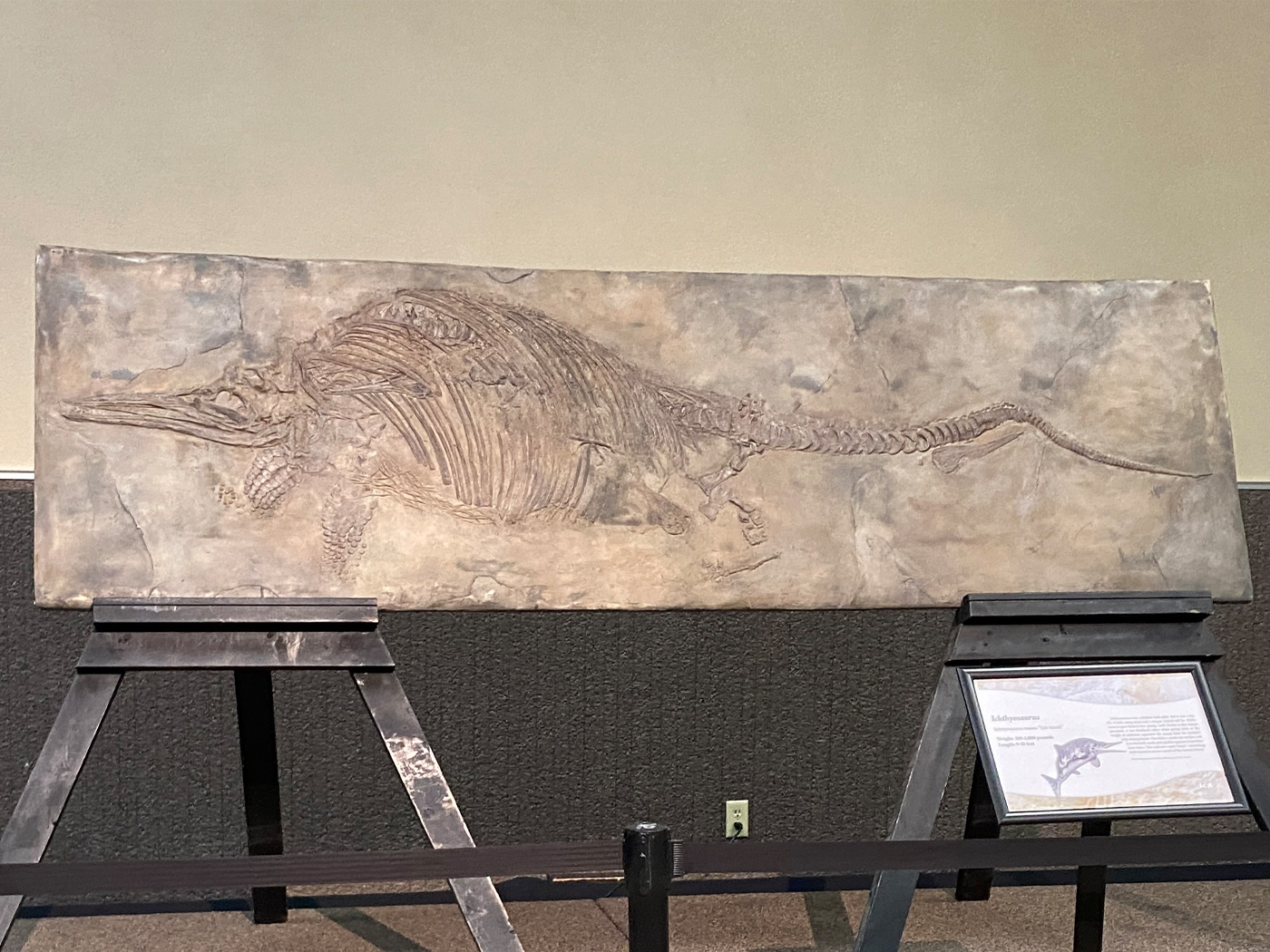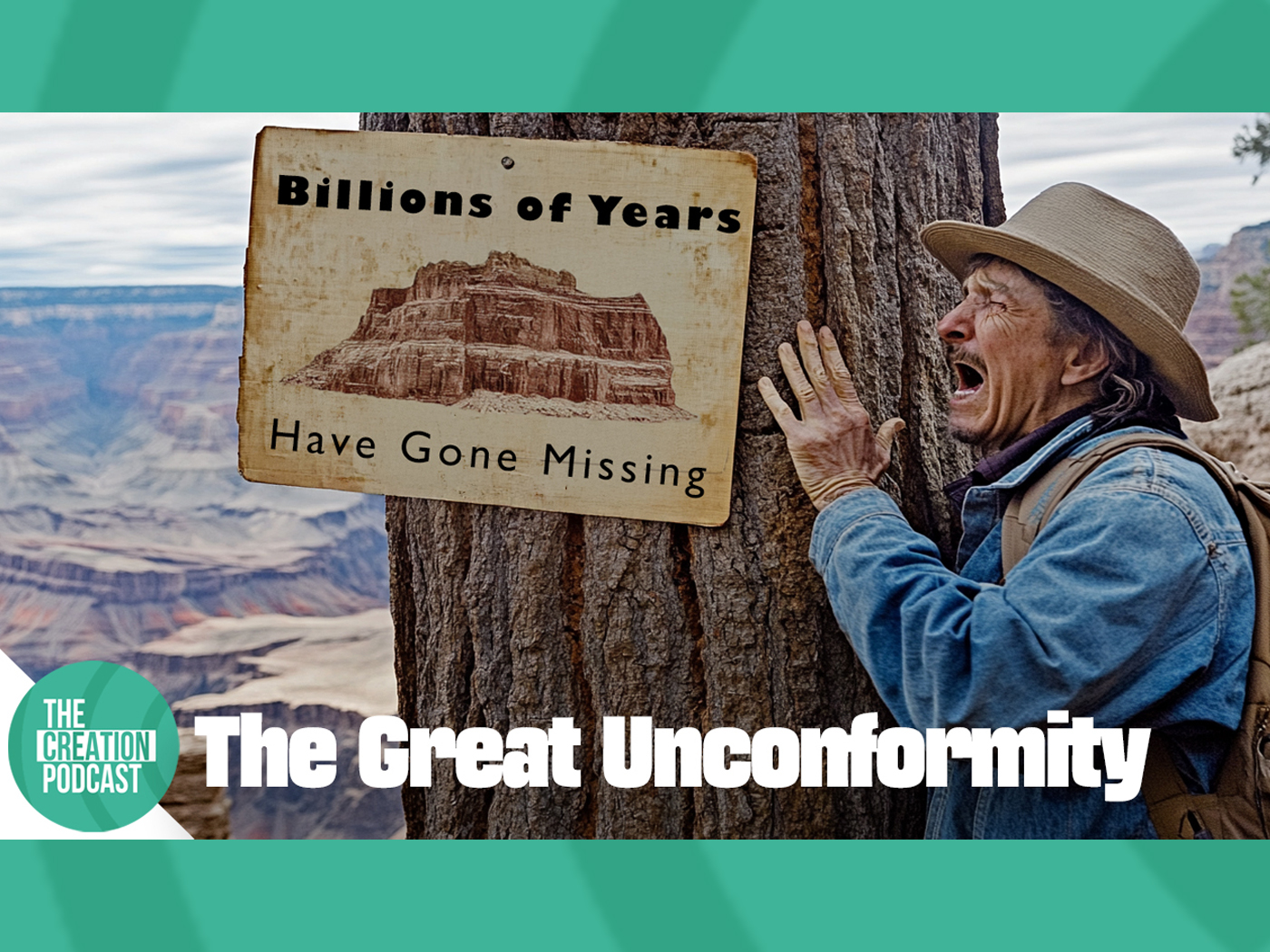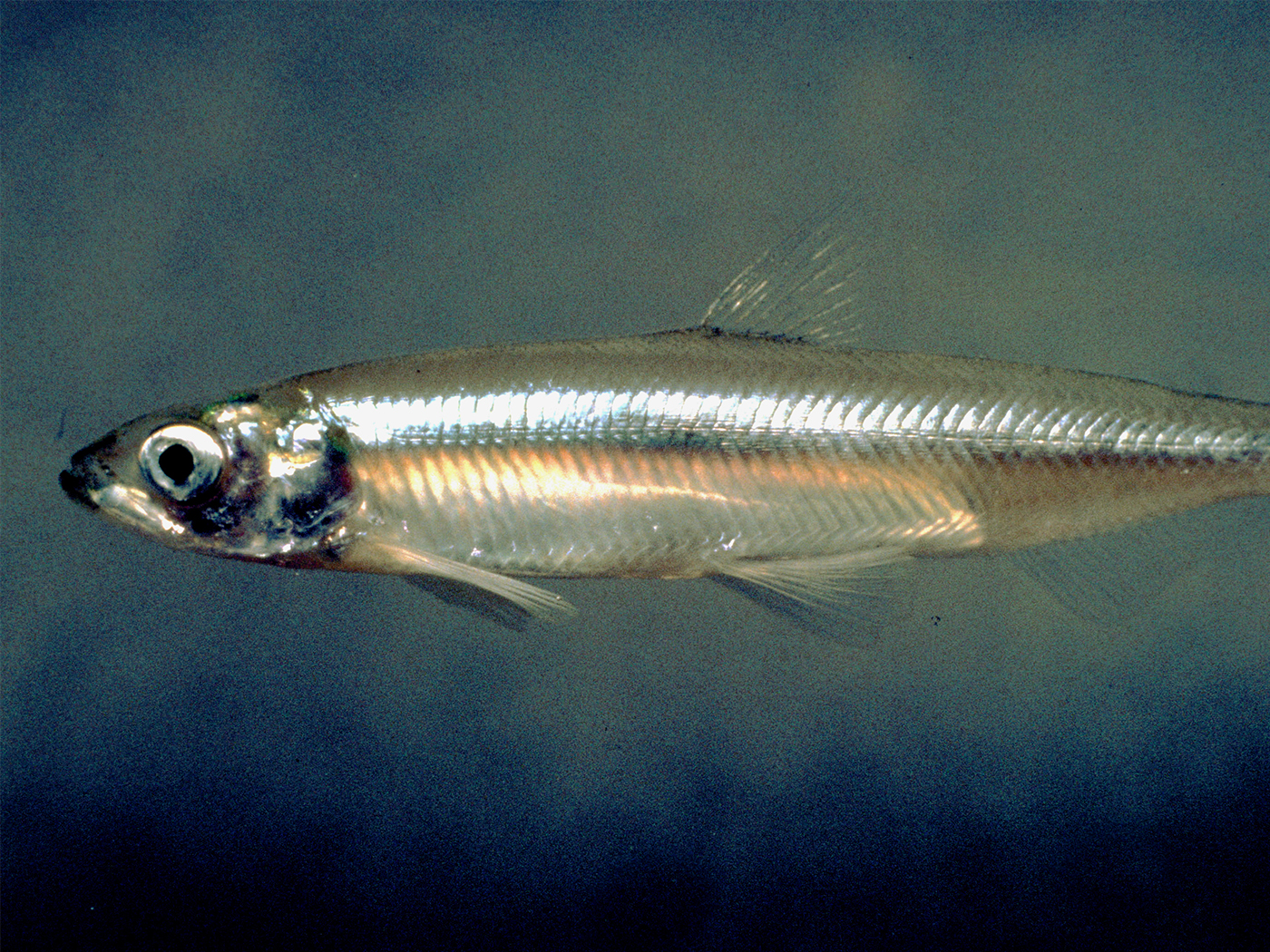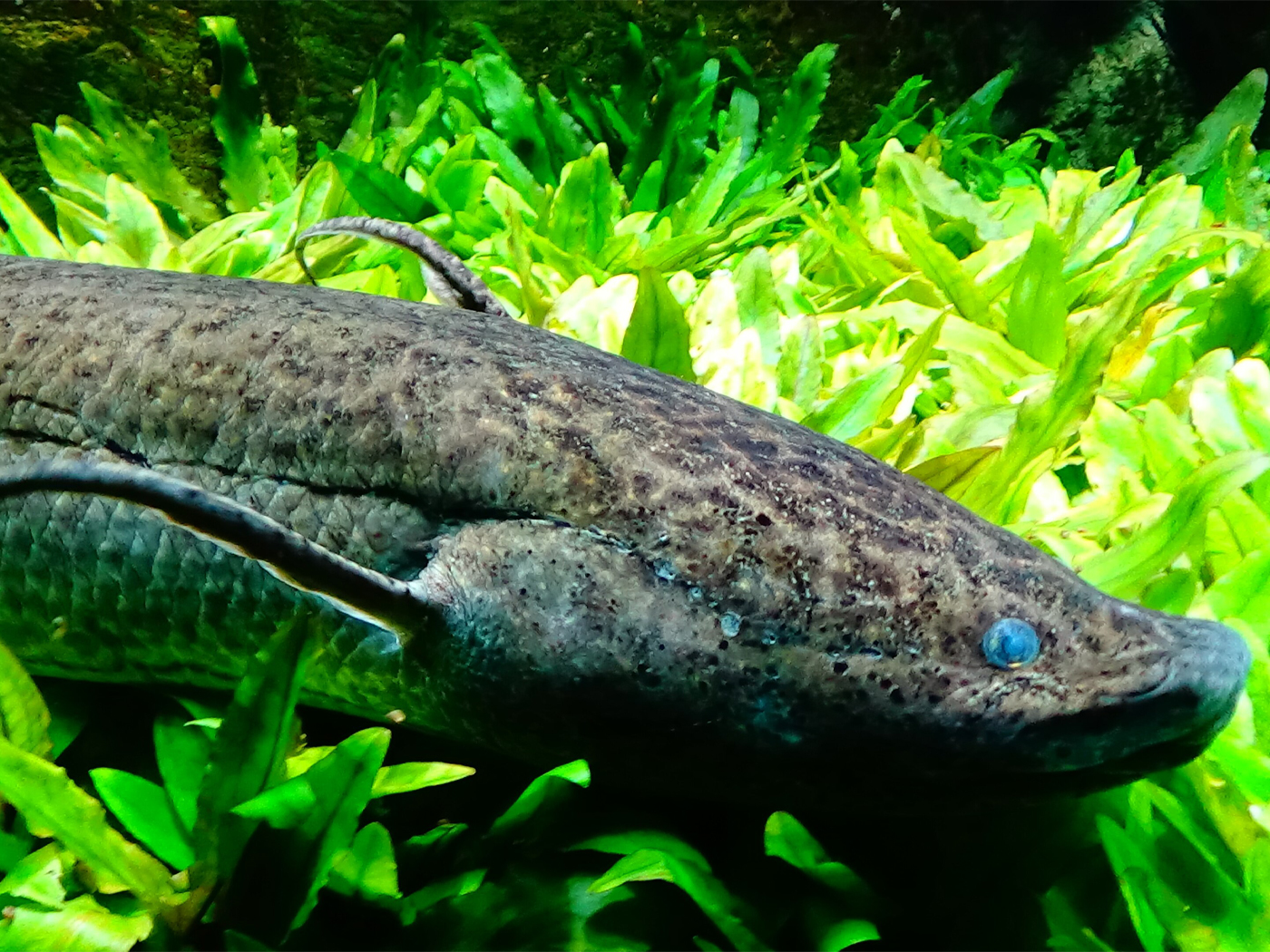Metropolises are not often thought of as "God's country," but they should be. Man, the apex of God's creation, fills cities. Large cities, like New York and Philadelphia, also have beautiful parks and gardens. New York has its Central Park. Philadelphia's Fairmount Park may be less well known but it is one of the nation's largest.
The Wissahickon Trail, part of Philadelphia's Fairmount, is popular for walkers, bikers, and runners. Horsemen and pet owners use it. Fishermen cast into the creek. Beautiful every season, it is especially lovely in the spring and summer. The first day recounted here was June 1, 1999. Professional responsibilities pending for me did not start until the afternoon. Cranking up my aging body for exercising in the morning, I cycled one mile to the creek, locked the bike under a huge tulip tree, and started my mile, warm-up walk.
When you meet people in this Narnian valley, sometimes you wave or say, "Hi." A tall African-American was approaching me on this particular morning, and I waved or said something. He responded with "Praise the Lord." What a refreshing response! I do not remember being greeted that way before on that path. It was special. An unknown brother was encouraging me in the Lord, and remarkable providences followed.
These providences were not thunderous or miraculous, but the verbal prelude of my brother gave them special adornment. He helped me to prize what I was about to see. I also started praying for that unknown friend. I wanted the Lord to encourage his heart as he had encouraged mine. An opportunity had come and gone. My "mentor" seized it for the Lord's glory. At least I could try to seize the next one by praying for him.
When I got to the half-mile marker (where I stretch), I noticed a cluster of butterflies in the distance—warming themselves in a patch of sunlight just above a moist spot on the ground. They were large, yellow, and beautiful—tiger swallowtails.
Evidence of God's handiwork is everywhere along the trail—flitting cardinals, clutches of crows, a feeding falcon, mallard ducks protesting an intrusion, gliding herons, trout in the hands of fishermen, people in horse-drawn carriages, deer running through the woods, daddy-long-legs, attractive damselflies with wings twinkling in flight, rambling rodents, and faint evidence that a skunk had been near. The ferns and foliage are also lovely. Sounds of birds, chipmunks, and a babbling brook fill the air. I had seen many smaller butterflies fluttering quietly hither and yon—sometimes in swirling pairs, but this group had a dignity hard to describe—like slow-motion yellow-caps, dancing in air.
A former trackman, I pretend that I am still in competition with others I meet on the trail. Sometimes I get to run with horses and win;1 other times, I "race" humans. On this particular morning, I was privileged to run with tiger swallowtails.
They did not ask permission. At first, an unknown butterfly and I "ran" abreast of each other for perhaps three or four strides. In my heart, I praised the Lord for the privilege of "competing" with one of His delicate creatures—3D poetry in motion. Almost immediately, as the Lord's gracious providences continued to unfold before me, another (or maybe the same), joined the "race" for a longer period. Was this just coincidence?
A refreshing breeze will come and cool our skin, and we thank the Lord of Creation. Soon thereafter another breeze comes—as if in response to our prayer. We wonder, "Is the Lord so tender that He designs breezes specifically to let us know that He hears our hearts and cares?" He does work in mysterious ways. The disciples asked, "What manner of man is this, that even the wind and the sea obey Him?" (Mark 4:41).
I do not know why that second butterfly joined me on the trail, but I do know that the Lord keeps my heart ticking, gives me strength to keep moving, and sends butterflies to delight the hearts of men.
Many Americans are oppressed by the idol of science. The media bombard them with messages that science is all-knowing and all-encompassing, but science simply means knowledge and of itself knows nothing. People pool efforts and have achieved impressive results, but no computer ever made by men is as brilliantly colored, as light, and as wonderfully animated as a yellow butterfly dancing along the Wissahickon. (Thank you, remembered brother, if you ever get to read this, for your words of encouragement: "Praise the Lord.")
After doing my mile-walk and mile-run, while stretching, I noticed a thin strip reflecting iridescent beauty caused by some unknown spider. What strength was in that fragile thread? Again, no scientist today could put together such delicate durability.
Returning to my bike, I pedaled up the long path, out of the valley, to home. I was still conscious of the three-word sermon, and continued to be particularly sensitive to God's creative gifts.
As I passed an old cemetery, an attractive mockingbird gently glided before my eyes. These almost constant reminders of God's goodness and presence are so often taken for granted, but even sparrows prance with joy.
When I got back home, my beloved wife asked how things had gone. I told her that I had been running with butterflies.2
Running with Birds?
It was a few weeks later that I had the privilege of running with a bird, but this blessing had a darker side. A delicate catbird landed some distance in front of me. As I approached and got close, it would flit further along the trail in front of me. This was not a parallel race, as with the butterfly, but a follow-the-leader one; the catbird was the leader. It did its land-wait-then-advance thing several times. It seemed to be teasing me along. Eventually, it had had enough and flew off to the side.
There are two painful aspects to this story. The first has to do with the adjective I used to describe this catbird—delicate. Why would I choose such a word?
Some time ago I was driving down a quiet road when another catbird swooped down in front of my car. I probably did not know at the time that it was a catbird, but, looking through my rear-view mirror, I saw the pitiful sight of the bird fluttering on the road. I turned the car around, parked, and witnessed tragic beauty. Delicate is a good adjective to use for catbirds, and not just because of their external beauty. I also saw the fragile, inner-workings of a dying bird that just minutes before had energized its life. I shed no outward tear, but my heart was aching. Though the sun was shining, it was a dark moment. A bird was dead at the feet of an executioner. Sorrowfully I moved the bird over to the side of the road under a bush. What precious things—birds and butterflies!
The other dark aspect was revealed by the teasing catbird along the Wissahickon. I am no expert on avian husbandry, but I suspect that this bird was protecting its nest. The behavior itself is commendable,3 but it also points to something dark—disharmony in nature.
Darwin tried to deny the ugliness of nature's struggle for existence by intimating that higher forms of life follow as a consequence,4 but this is a delusion. Nature's disharmony has nothing to do with producing higher creatures5 but everything to do with death and extinction.
The reality is that our first parents rebelled against our Maker and brought us into this depraved condition. Why then should any brother preach, "Praise the Lord!"? Because He, the Lord of Creation, promised to reverse and even improve the very creation that had fallen.
Sometimes we do not realize the preciousness of a daughter or son until we
almost lose them, and believers can rejoice, knowing that this disharmonious and preciously delicate creation will one day be renewed and brought into glorious harmony. The wolf will lie down with the lamb, and sorrow and death will flee away (see Isaiah 11:6-9 and Revelation 21:4-5).
The Lord floods our lives even now with many happy moments, like running with birds and butterflies. Sometimes He puts His grace into verbal form, like when an unexpected brother on a path utters words to point us heavenward. He also has a Book out that says, "Let every thing that hath breath praise the Lord. Praise ye the Lord" (Psalm 150:6).
References
1 They, of course, are only walking or slow-trotting, but imagination is part of the game.
2 I spoke of the Lord's poetry in motion. Not wanting her to think that I was talking about myself, however, I added, "Not me," but then I remembered that I too was a part of the Lord's poetry. When the Bible says that "we are His workmanship," the Greek is poiema (poem—"we are His poem"). See Ephesians 2:10.
3 It also points to a merciful Creator who cares for His birds (Matthew 10:29)—providing them with protective instincts.
4 Charles Darwin, in the final paragraph of his Origin of Species, wrote, "Thus, from the war of nature, from famine and death, the most exalted object which we are capable of conceiving . . . directly follows."
5 Creationists do not have a problem with natural selection. In fact, Darwin apparently "borrowed" this key concept from a creationist (cf. Impact article #283), but natural selection has nothing to do with creating new genetic information and higher forms.
* Paul G. Humber, A.B., M.S., B.D., teaches at the Haverford School, Haverford, PA, and is a regular contributor to ICR's devotional booklet, Days of Praise.













